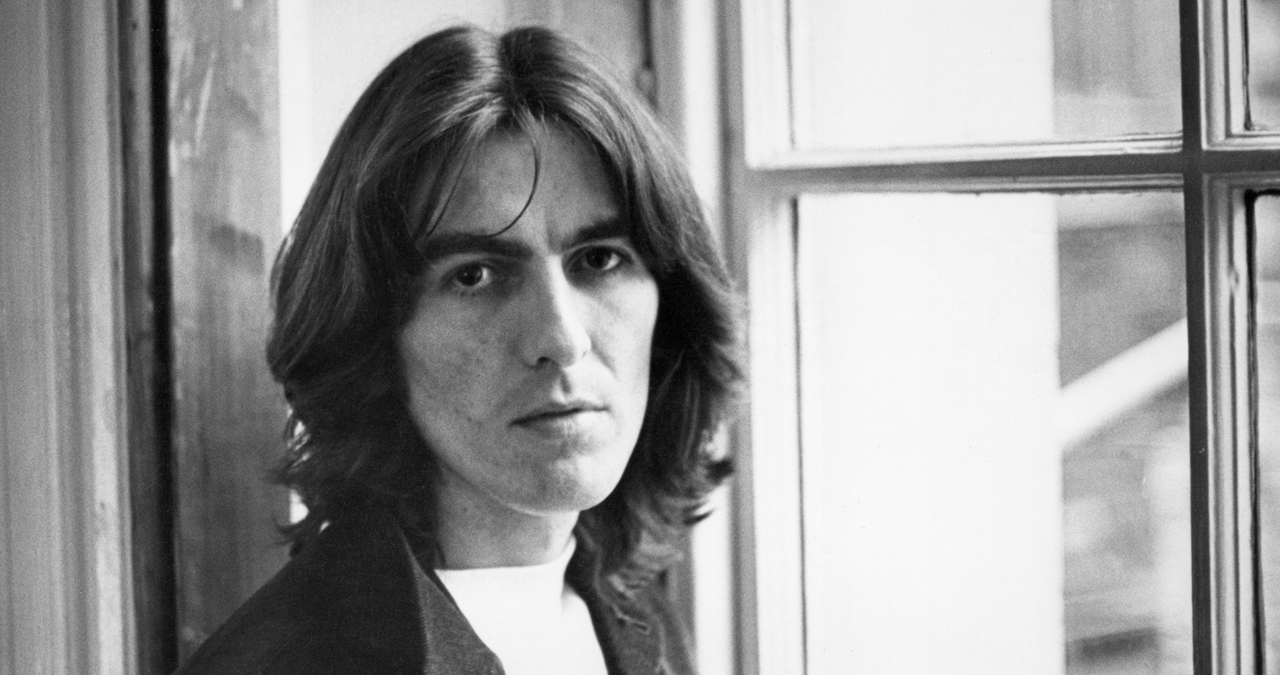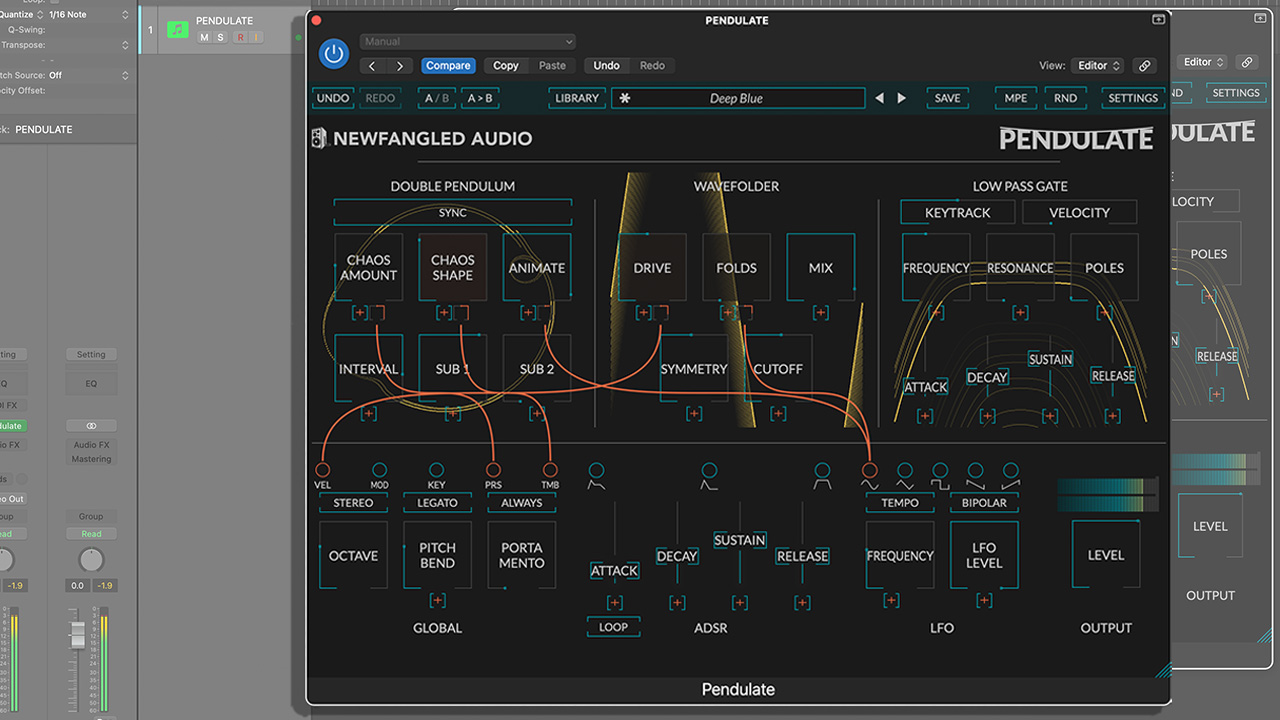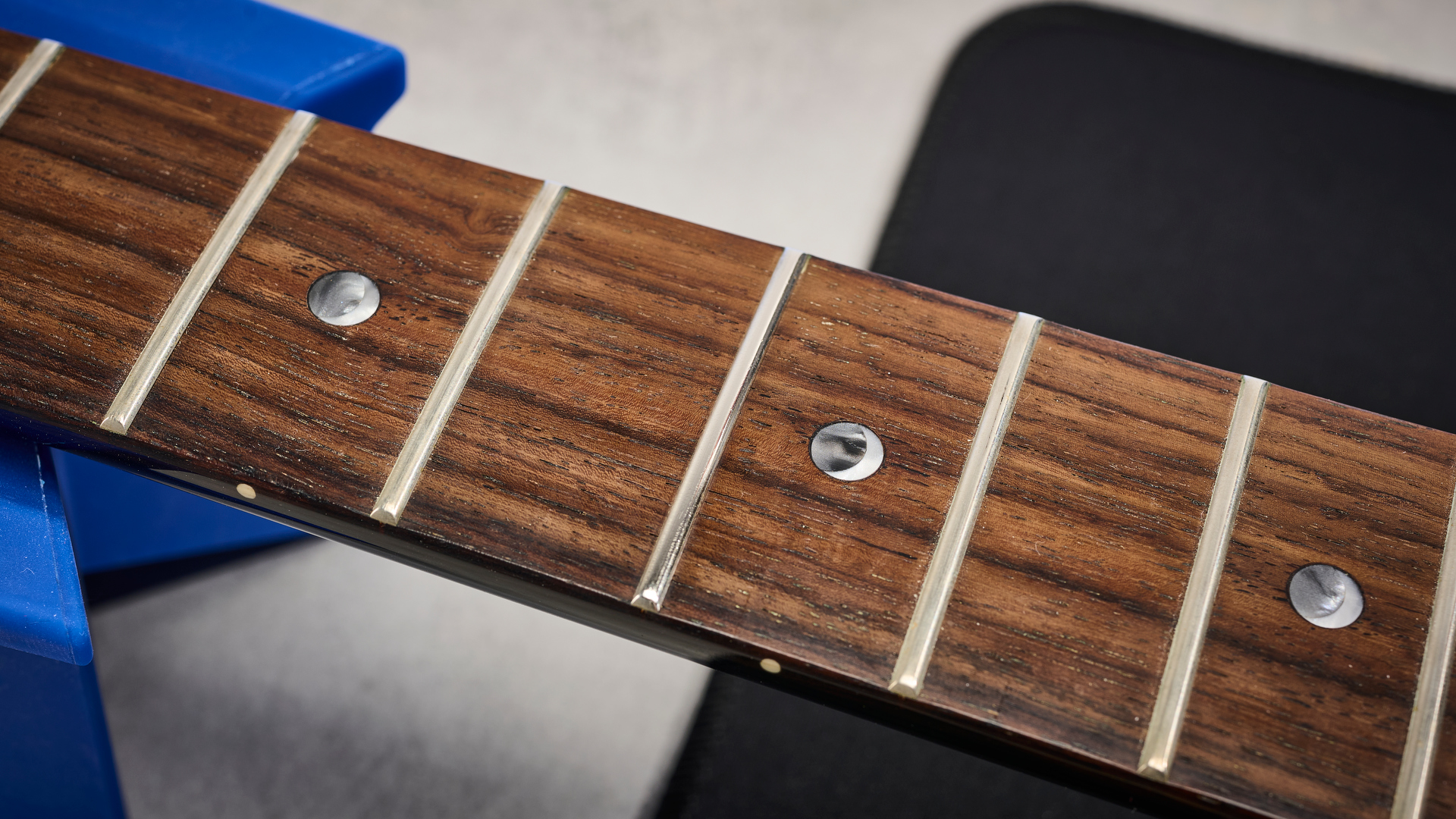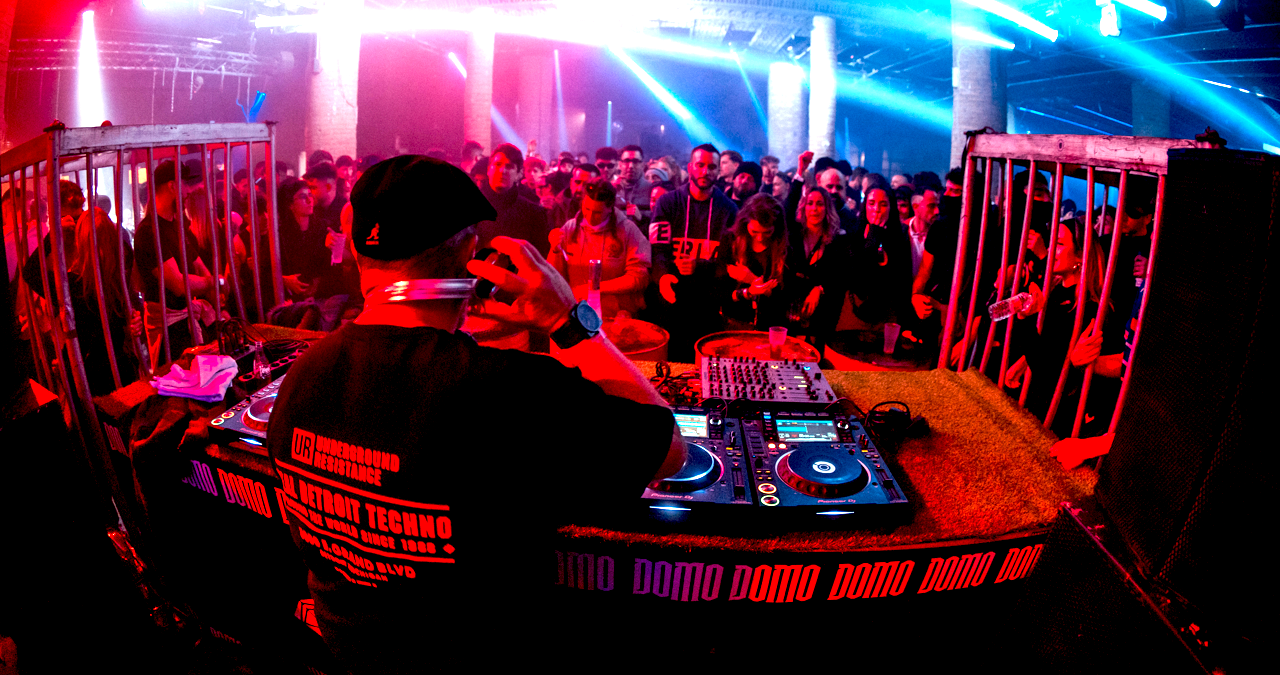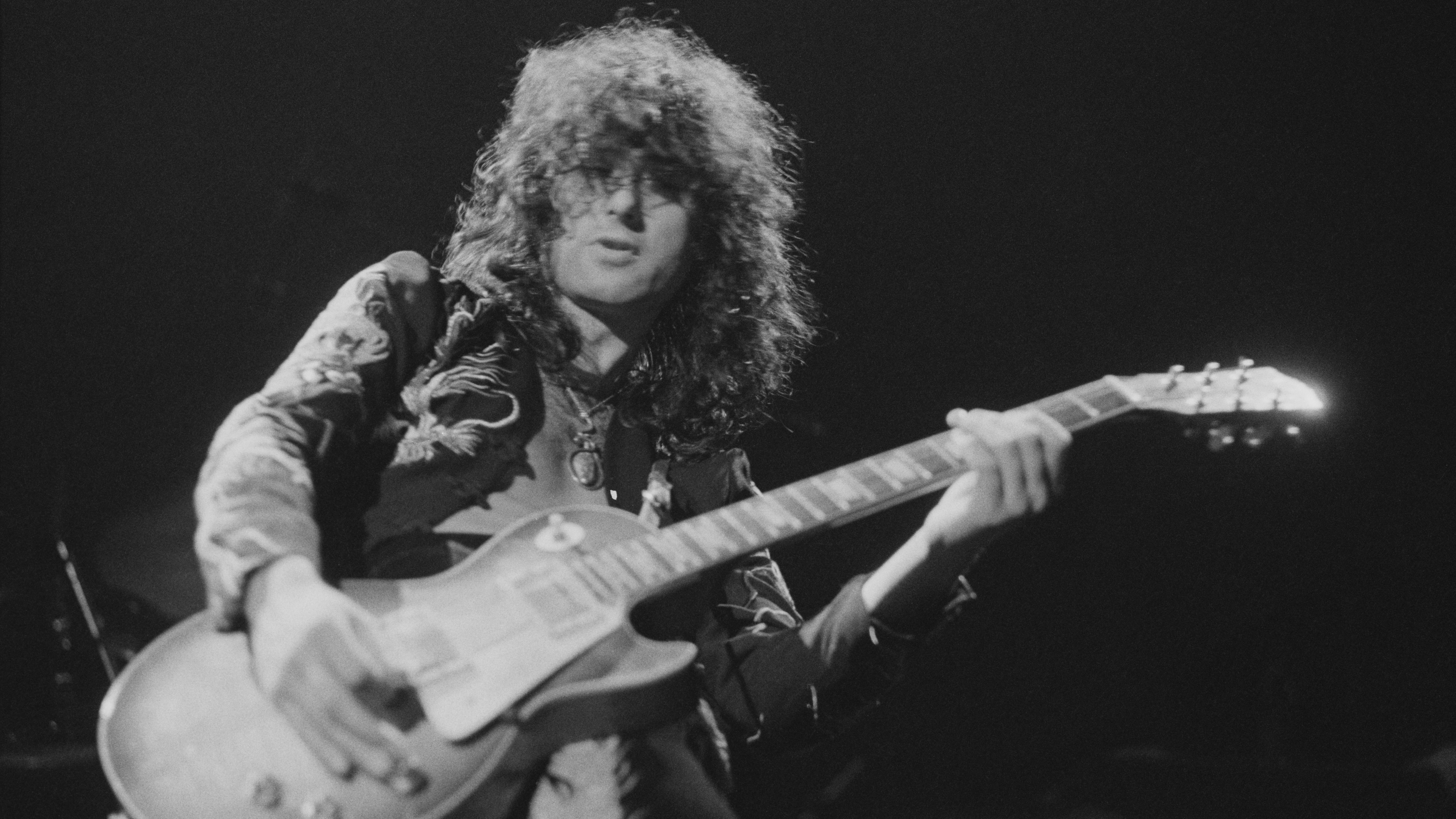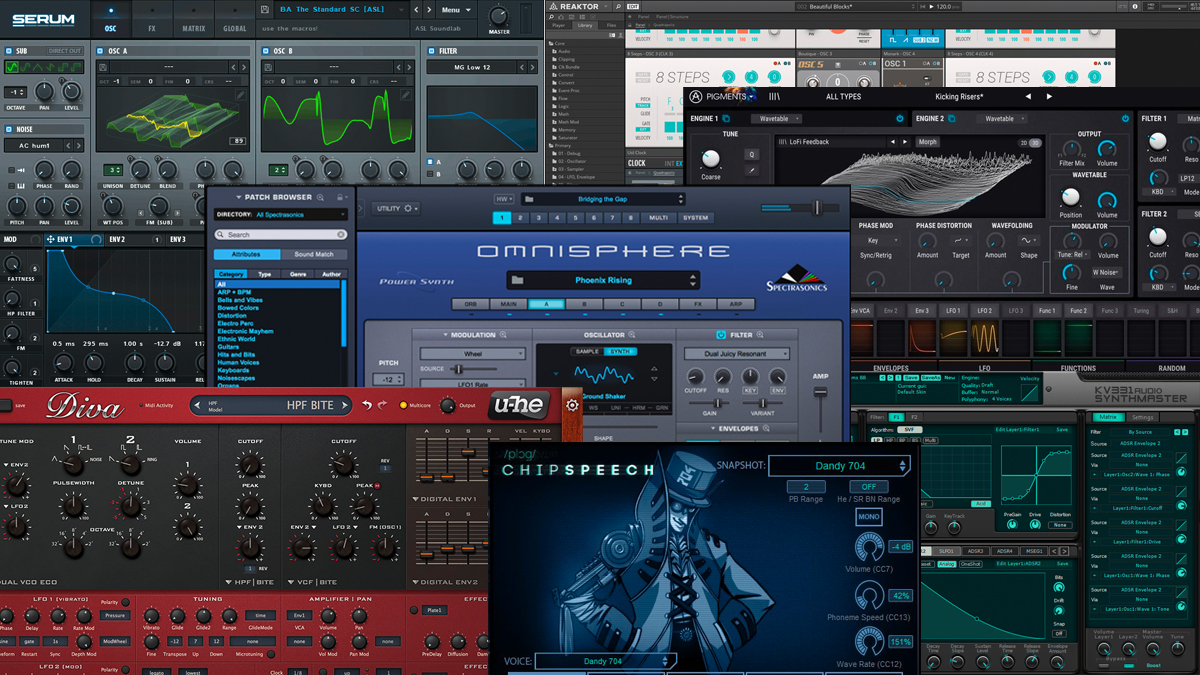“If you like someone’s work, the important thing is to be exposed to everything that person has been exposed to”: What can songwriters learn from Bob Dylan's view on absorbing influences?
Analysing the lessons to be taken from Dylan’s view that the best way to emulate your heroes is to explore what made them tick
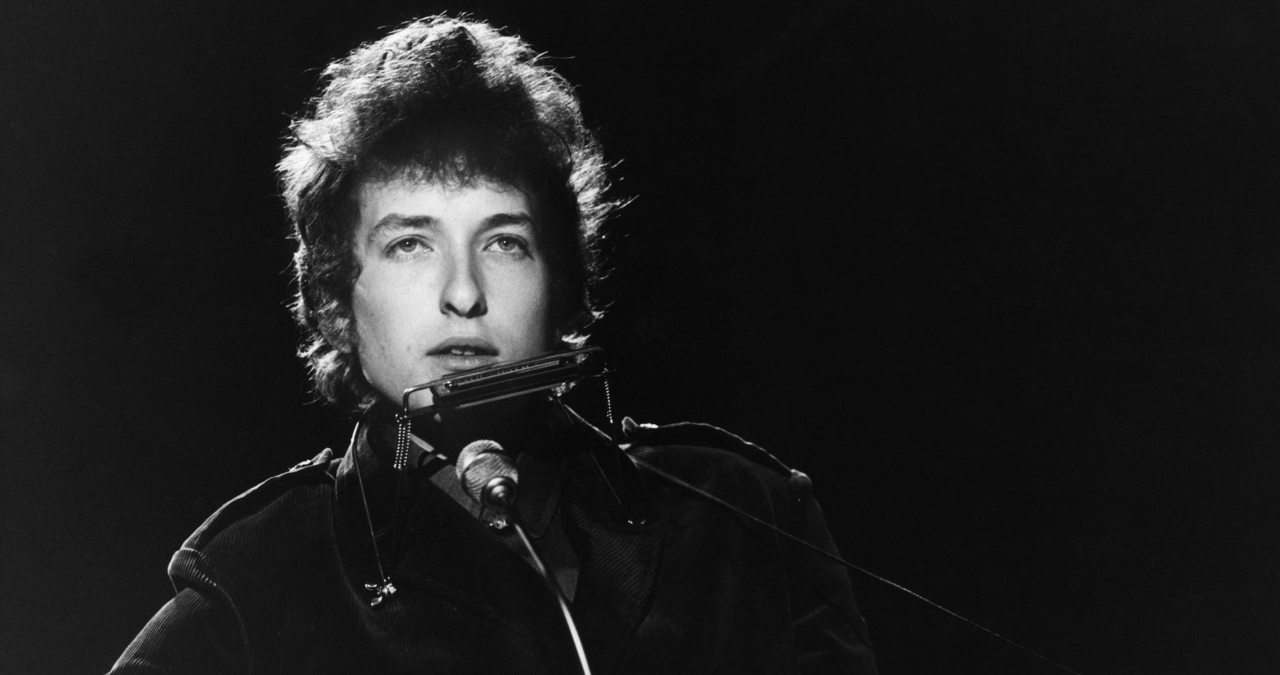
When starting down the path of songwriting (or music production, more generally) it’s likely that the first recourse of many will be to try and match the sounds and styles of their influences. To some, copying the approach of the people who inspired them to pick up their respective instruments is the first step on the way to discovering their own creative identities.
But, as greater awareness of plagiarism and its broadening definition permeates the news, there’s also the risk that being too similar to your heroes can be a detriment.
It’s also creatively limiting, and risks you being pigeon-holed as an inferior shadow of the real thing.
A man who himself was inspired by a wide range of cultural and literary icons was pressed for his view on whether aspiring songwriters should seek to emulate him. Back in 2004, in an interview with the Los Angeles Times, Bob Dylan had this response: “No, no, no. It’s only natural to pattern yourself after someone. If I wanted to be a painter, I might think about trying to be like Van Gogh, or if I was an actor, act like Laurence Olivier. If I was an architect, there’s Frank Gehry.
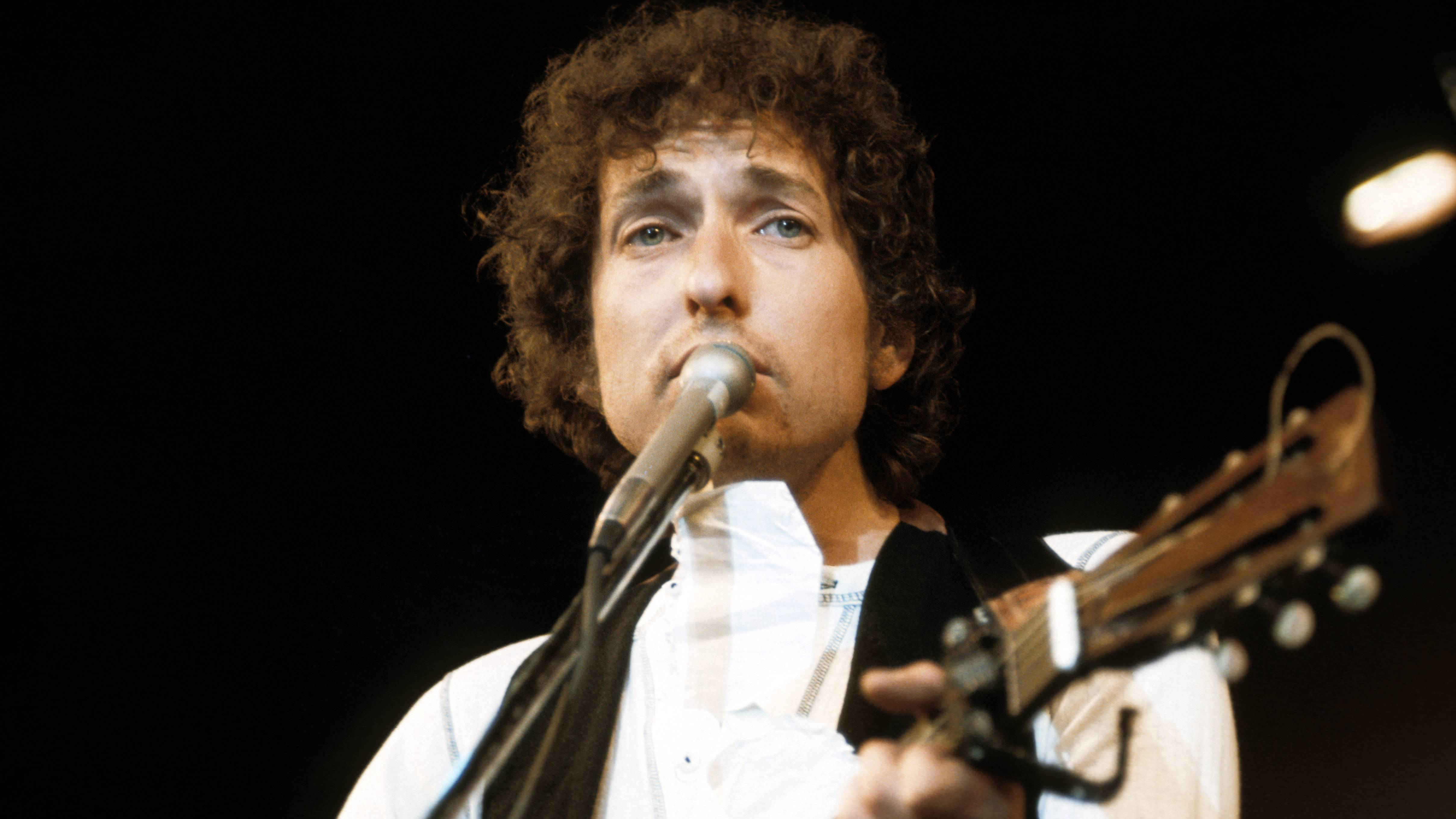
“But you can’t just copy somebody,” Dylan continued. “If you like someone’s work, the important thing is to be exposed to everything that person has been exposed to. Anyone who wants to be a songwriter should listen to as much folk music as they can, study the form and structure of stuff that has been around for 100 years”
Recently re-reading this rare insight into Dylan’s songwriting process gave us pause for thought. Dylan is stating here that, from the outset, aspiring songwriters should not too rigidly reflect any one influence, but instead use those influences as starting points to dive into a much wider creative tapestry. In Dylan’s case this meant submerging his ears in the whole history of folk music.
What Bob is saying here that all artists - even those you might specifically love - are all themselves the products of a cultural melting pot, and that your interest in them should be used as a gateway to a wider canon of creative works.
Clearly, this is a level of perspective that comes with age and distance, as the young Dylan would often be found obsessively emulating his own hero - the hugely influential, politically-charged singer/songwriter Woody Guthrie - at clubs and coffeehouses before finding fame on his own terms.
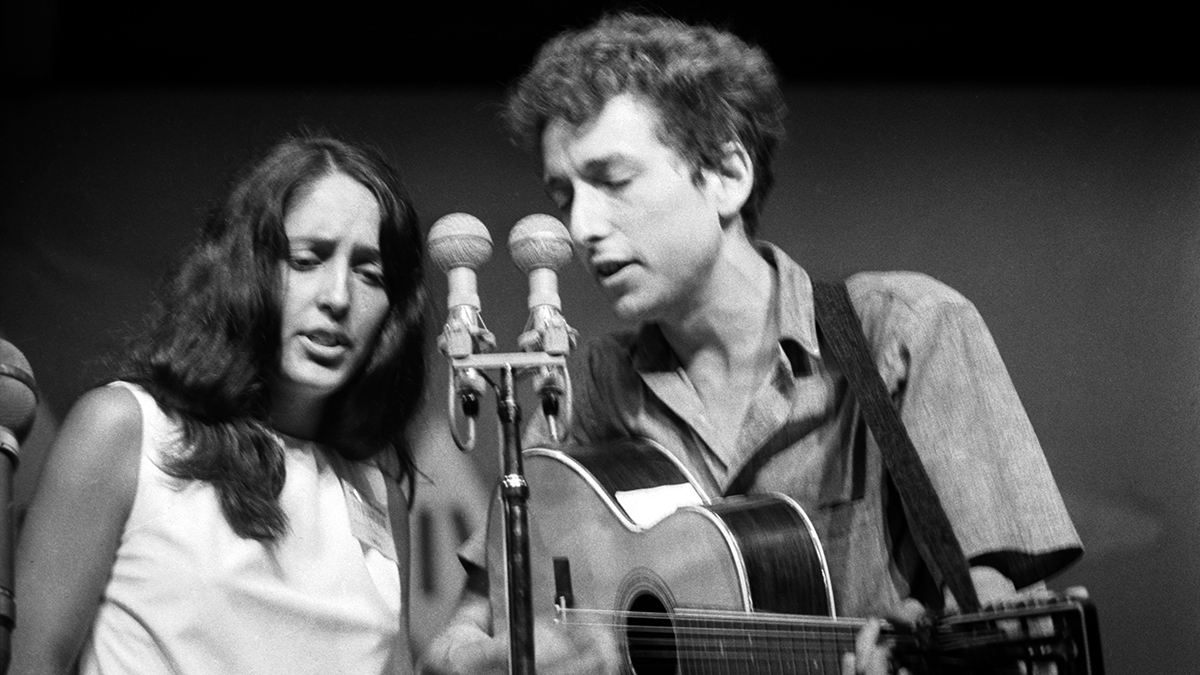
At the time, some regarded him as nothing more than a ‘Woody Guthrie jukebox’. It was putting pen to paper and conjuring his own self-written songs which was the catalyst that transformed the eager young Robert Zimmerman into the Bob Dylan we know to this day.
So, is Dylan right in his assertion that we shouldn’t ‘just copy someone’? What we can take from Bob’s quote is an underlining of the point that we should always be focused on what makes us unique, and always remember to pull back from falling into the trap of imitation.
It also highlights a crucial fact that is easy to lose sight of - even those demi-gods of popular music were themselves once amateur musicians, and looked up to their own favourite music, literature, film and art when building their artist identity.
Music-making is all about communication, and Dylan is one of the greatest exponents of that. Dylan's songbook has absorbed and mirrored influences, politics and the surrounding media landscape, furthering that dialogue through the ages, yet it’s important to remember - especially when starting out - that every songwriter has a unique perspective on life, and we all have our own specific methods when it comes to creativity.
Ultimately, it’s these points of difference that can be more compelling to listeners as any points of similarity to other artists.
Get the MusicRadar Newsletter
Want all the hottest music and gear news, reviews, deals, features and more, direct to your inbox? Sign up here.
Bob Dylan's story is depicted in the new film A Complete Unknown, screening now in the US and coming to UK cinemas on January 17th

I'm the Music-Making Editor of MusicRadar, and I am keen to explore the stories that affect all music-makers - whether they're just starting or are at an advanced level. I write, commission and edit content around the wider world of music creation, as well as penning deep-dives into the essentials of production, genre and theory. As the former editor of Computer Music, I aim to bring the same knowledge and experience that underpinned that magazine to the editorial I write, but I'm very eager to engage with new and emerging writers to cover the topics that resonate with them. My career has included editing MusicTech magazine and website, consulting on SEO/editorial practice and writing about music-making and listening for titles such as NME, Classic Pop, Audio Media International, Guitar.com and Uncut. When I'm not writing about music, I'm making it. I release tracks under the name ALP.
“How daring to have a long intro before he’s even singing. It’s like psychedelic Mozart”: With The Rose Of Laura Nyro, Elton John and Brandi Carlile are paying tribute to both a 'forgotten' songwriter and the lost art of the long song intro
“The verse tricks you into thinking that it’s in a certain key and has this ‘simplistic’ musical language, but then it flips”: Charli XCX’s Brat collaborator Jon Shave on how they created Sympathy Is A Knife
